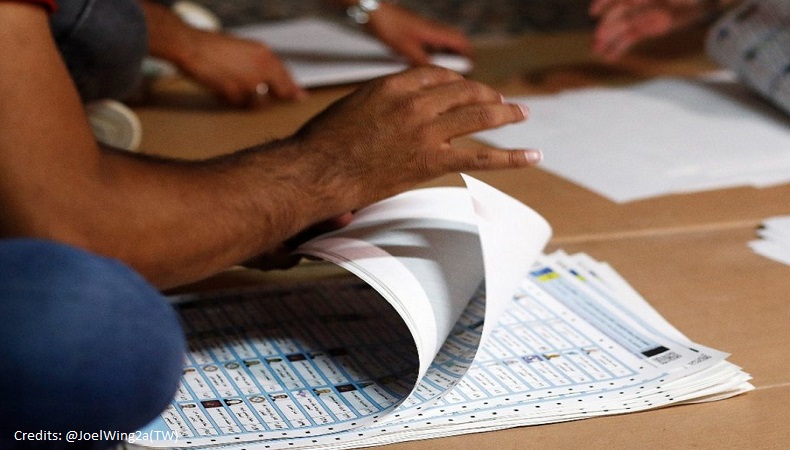Pro-Iran Candidates Losing Iraq Electoral Race, Shia clerics Seem to Win


Iraqi Islamic national movement, driven by the populist cleric known for his rebellion against US powers during the 2000s, got as many as 73 of the 329-member parliament, The Independent reported.
An executive at Iraq’s electoral commission affirmed that the Sadrists had come first in the polls. However, they didn’t quickly ascertain the number of seats the party won as the count was fragmented.
The initial results showed a Sunni alliance drove by parliament speaker Mohamed al-Halbousi appearing in second with around 38 seats.
However, only one seat behind that was – the State of Law Coalition – drove by former PM Nouri al-Maliki, noting that the country’s Shia parties were ready to back to have a compelling presence in the forthcoming parliament.
Since quite a while ago, Iraq’s Shia groups have overwhelmed the country’s political field and controlled government arrangement since the US-drove invasion of 2003 that brought down Sunni tyrant Saddam Hussein and launched the Shia more significant part Kurds to govern.
Among the most significant losers, although, were favourable to pro-Iran groups. The Fatah Alliance of competitors addressing generally supportive Iran state-authorized local armies might have gotten just 14 seats, 33% of the seats they took in the 2018 polls.
They battled to fortify support as they confronted criticism for their close connections to armed groups blamed for killing almost 600 people in the nation’s uprising in 2019, which started the early election.
The polls began 7 months ahead of schedule following a crucial demand of the well-known uprising, which shaped demonstration against endemic corruption, increased unemployment.
Youth activists demanded to boycott the elections despite the new electoral law and early polls, trusting them to be overwhelmed by the privileged political guard. A series of targeted assassinations and forced disappearances additionally deterred citizens from participating in the elections.
Polls in Iraq starting around 2003 have been trailed by extended negotiations that could last months and serve to convey government offices among the predominant political parties. The result on Monday isn’t relied upon to significantly modify the overall influence in Iraq or the more extensive region.




